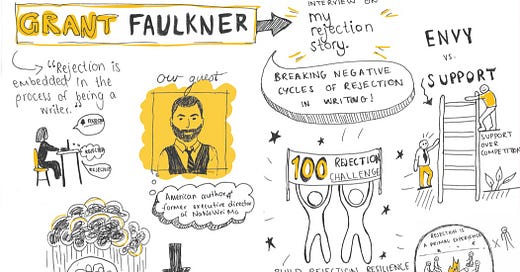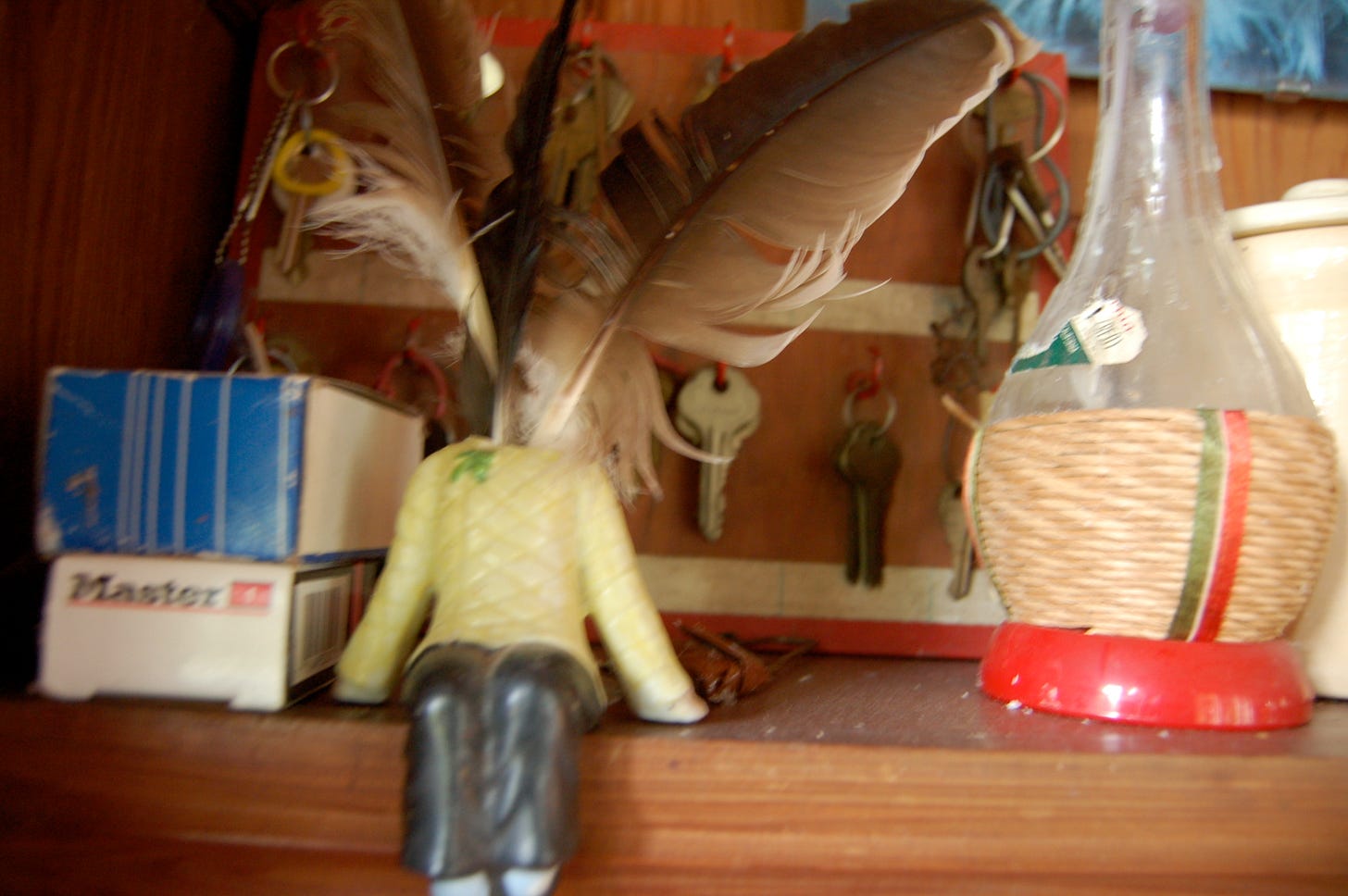I was recently interviewed on a podcast, My Rejection Story, where I … talked about my rejection story—and how writers need to develop a “rejection mindset” because to be a writer is to be rejected, I always say.
In fact, who we are as writers—who we are as people—depends on how we respond to rejection.
Here are two things to think about when it comes to rejection:
Rejection is painful—physically painful: rejection triggers the same pain pathways in the brain as physical injury. Rejection can also increase blood pressure and raise cortisol levels.
That’s because rejection can reduce feelings of belonging, self-esteem, control, and even the sense of a meaningful existence. We rely on social groups for survival, so feeling kicked out threatens our very lives.
Like hunger or thirst, we’re wired to seek love and belonging—and we feel unloved and ostracized when rejected.
Interestingly enough, the pain of rejection doesn’t diminish as we age. The pain of heartbreak is the same at 90 as it is at 9. But how we deal with that pain can change.
I’ve written before about how I developed a book proposal to help writers develop a rejection strategy—which was rejected, haha—but I wanted to impart a few tips for “rejection recovery” from my research since the podcast unearthed the topic of rejection for me.
The appraisal stage—where your fate resides
After rejection, most people move into an “appraisal stage,” in which they take stock and formulate their next steps. It’s in those next steps where a person’s fate resides.
Do we shut down in a fit of anger? Or does that fit of anger motivate us to do better? Do we wallow in bitter jealousy, sipping spite with an extra glass or two (or three) of wine, or do we measure ourselves against others’ work and look for areas to improve?Do we go it alone, or do we see rejection as a moment to seek feedback?
Or do we indulge in a self-satisfied arrogance and decide that others are wrong? Or maybe they are wrong—maybe it behooves us to disregard their assessment and hold strong to our vision.
One important finding is that people who can frame their rejection as an opportunity for growth and self-discovery tend to recover more fully than those who see themselves as victims.
It’s important not to overgeneralize or catastrophize, but to respond to rejection more intentionally and strategically so that rejection becomes a moment of constructive reckoning—and possibly even a springboard to future action.
When I’m at my best, I view rejection as part of the creative process—it’s an opportunity to revisit my work with a more objective editorial eye and consider what’s working or not working.
To get to a constructive point with rejection, psychologist Paula Williams showed that finding beauty and awe is an unexpected antidote to the grief and anxiety caused by rejection.
So take a hike, go to a museum, and find your way to awe (which is rarely found in wallowing, although, as I wrote earlier, I find that self-pity can hold its own strange nourishment).
Three other things I hear people doing
Here are 3 things I've heard of people doing to overcome the pains of rejection:
1) Make a rejection playlist full of uplifting music to support a "comeback"
2) Form a "rejection collective" where a group of friends tallies rejections and celebrates milestones (including acceptances)
3) Make an annual goal to collect ___ number of rejections so that you're always focused on submitting (ironically).
How do you respond to rejection? What is your rejection strategy? Tell me in the comments below.
Spare a dime to help me publish this newsletter?
If you can help a little ...
Please become a paid subscriber.
Watch a clip of my interview
Because a quote about rejection
“Perhaps because of my long history as a dancer, actress and writer, rejection is something with which I am all too familiar. . . for every accomplishment there were twenty rejections. A dance company thought my style was incompatible with theirs. A casting director found me lacking. An editor considered my writing too fanciful, or too plain, too abstract or too concrete.
I could go on for hours. In the end, though, only one attitude enabled me to move ahead. That attitude said, ‘Rejection can simply mean redirection.’”
—Maya Angelou, as told to Tavis Smiley and recorded in TIME, 2015
Plan a writing retreat—and join me in Hawaii!
Are you considering doing a writers’ retreat this year? Whether you want to create your own, find something far-flung and exotic, or consider the writing retreat’s bigger cousin, the writers’ conference, this episode gives insights, definitions, and parameters for retreating.
Please note! I’m on the faculty of the O’ahu Writers Retreat this year, so please join me! I interviewed founder of the retreat, Connie Hale, along with the retreat hosting pro Ellen Sussman, on Write-minded.








To go along with your advice to "Make an annual goal to collect ___ number of rejections," may I recommend a book entitled "Go for No! Yes is the Destination, No is How You Get There," by Richard Fenton and Andrea Waltz? It is a business parable written for professional salespeople, and that is one of the hats an author must wear. It is well-written, quite accessible, and really supports y our idea, although they break it down by week rather than by year. https://amzn.to/3EiKUT7
Good advice. I'm late to this party but would add not to take on impossible markets. For instance, The New Yorker